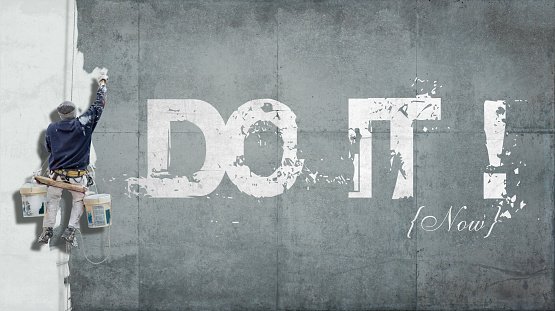Conversations about long-gone events can change our perceptions of them. Last night, a conversation with our campus pastor J.D. about doing church, about how people decide to follow Jesus, about how we are uniquely gifted and experienced, about how we communicate effectively, forced me to reformulate how I came back to Christ in February 1971.
That decision came from three events within a two week period: attending a college ministry’s conference called “Doin’ It” in San Diego, during some searching years where I would not claim to follow Jesus, going mostly to ride my motorcycle down the southern California coast with a good friend and hopefully to meet a girl or two; trying to kill some time by watching a cliched TV show and getting angry at the extremely selfish main character—until I realized he was me; and by chance picking up a cheesy devotional booklet on my college campus.
Our discussion made me realize those three “random” happenings represent three of the major ways we most effectively communicate, how we most powerfully help people decide to follow Jesus. Honestly, each works best for different people, but when done in concert by us, or by divine intervention by God, behavior change becomes maximized. Here they are, in no particular order.
1. Written words, as I found on that booklet. The writing allowed time to ponder, to evaluate, to analyze. I felt no rush. Writing does that nicely, and this most speaks to me. I kept that packet for years.
2. Spoken words and images, from the TV show, brought a subtlety. I saw the flaws in the character and grew angry, and never felt defensive until God’s Spirit whispered that he and I were alike. Spoken words and images, whether in person or on video, combine immediacy and connection that minimizes defensiveness. For an example of this, analyze how Nathan confronted David with a story, in 2 Samuel 11:1 to 12:9.
3. Examples, I found a lot to criticize in the churches of 1971, but seeing people at the conference living out faith in a gracious, sacrificial manner by loving God and people forced my focus onto God and what he was doing in willing lives. I could see myself doing that.
Writing this makes me aware of the tension between us intentionally using all three of these, yet with the caveats of knowing that we plant and others water. We don’t have to do all of them. Yes, we do when possible, but God knows better than we. For me, he used the conference planners and speakers, the TV show writers and directors and actors, and the writer and publisher of the booklet. None knew of the other. None knew of their contribution to my decision. So, we do the best and wisest we can, and leave room for God and others to work. And if we never know the results? That’s OK. He knows.
Kick Starting the Application
Which of these three most impacts you? Which do you use the most? Have you tried intentionally combining them all when possible? Do you trust in God for the results?
